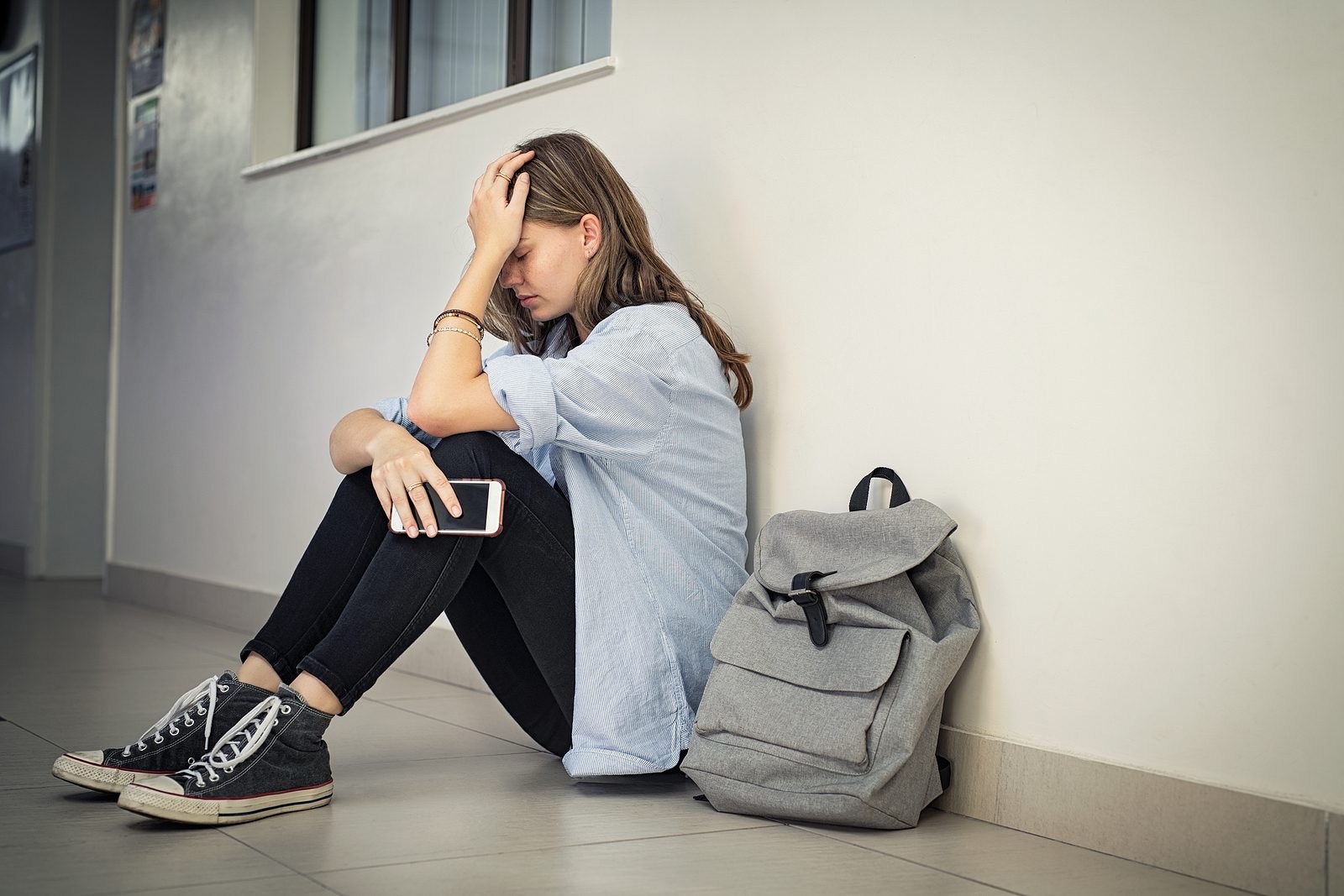With Covid-19 as a continuing problem facing our world, many young people are finding it difficult to emotionally cope with the constant social and political upheaval. Last year, the JED Foundation conducted an online survey of almost 200 college and graduate students asking them to rate their mental health as they prepared for the fall 2020 semester. Overall, 63% of the students interviewed rated their mental health as being somewhat worse or far worse than before the pandemic, with anxiety, isolation and loneliness, and depression being the most common emotional challenges. In this situation, self-care is becoming of utmost importance, and is something everyone should prioritize, especially students. Here are some ideas that you can keep in mind for your own self-care routine.
Look After Your Body
Hygiene and physical health are one of the aspects of self-care that are overlooked at the most, because they seem the most insignificant. However, this isn’t about trying to erase every problem you’re facing with a fruit smoothie and some yoga, but about giving yourself the best chance you can to feel better. Even if you lived in a perfect utopia and didn’t have an ounce of stress in your life, you still wouldn’t feel great physically or mentally if you slept poorly, didn’t exercise or shower, and ate a poor diet. If it would still make you feel worse in the best of times, then there’s no reason to just accept it as the norm when the going gets tough. Getting enough sleep and regular exercise daily, staying clean, and adding healthy foods into your diet are the most basic forms of self-care and will be the building blocks of improving your mental health.
Ask for Help
Now isn’t the time to try and convince yourself you can do it all on your own, particularly when it comes to schoolwork and adjusting to new forms of learning. If someone offers you help, take it, and if help isn’t offered, ask for it! The worst that can happen is they’ll say no. Go to your teacher’s office hours, in person or virtual, and ask for clarifications on assignments. Trade papers with a friend and edit for each other. This applies outside of the classroom as well. If you’re dreading going grocery shopping, ask a friend or family member to tag along. Set up exercise dates with someone you love to make sure you’re both getting enough physical activity. Swallowing your pride and asking for help when you need it can be incredibly liberating.
Take Breaks
Denying yourself rest is often wrongfully glorified, especially in colleges and universities. How often have you overheard a one-upping contest of how little sleep everyone got while finishing an assignment or preparing for an exam? While overworking yourself may be the social norm, it’s one of the fastest ways to wreak havoc on your physical and mental health,so allowing yourself adequate rest is crucial. Having a set time every afternoon or evening after which you no longer do any work, working breaks into your schedule throughout the day, and every so often taking a full mental health day where you just allow yourself to relax and recuperate are all good ideas, and ones that you should never feel guilty for. After all, if you’re working without rest to the point that you can no longer focus or achieve your own qualities of standard, you’re no longer doing your best work, so resting is productive in that regard.
Maintain Connections
No matter how much of an introvert someone might be, they still need human connection. Don’t hold yourself back from reaching out to your family and friends. Spending time with your loved ones is crucial to keeping you grounded, and a little mutual venting can help you to take comfort in each other’s company.
Don’t Doom Scroll
We’ve all done it. A tweet leads to another tweet, then an Instagram story, then a news article, and suddenly you’ve spent a long time scrolling through a wall of social media that all makes you feel worse. Staying up to date and informed is important, but it’s also extremely difficult when it feels like every news story you read is foretelling more bad things to come. If you find you’re prone to this doom scrolling, you can and should give yourself permission not to follow upsetting news too closely. Knowing the latest development on every current event that comes across your screen should never come at the expense of your mental wellbeing.
Seek Professional Help
At the end of the day, sometimes the most effective way to improve your mental health is to see a therapist, counselor, or other mental health professional. Therapy and treatment can be the things that finally get you feeling better.
If you are struggling with your mental health, TMS Center of the Lehigh Valley might be able to help you. Contact us here to learn more about our treatment options and meet our dedicated staff.

